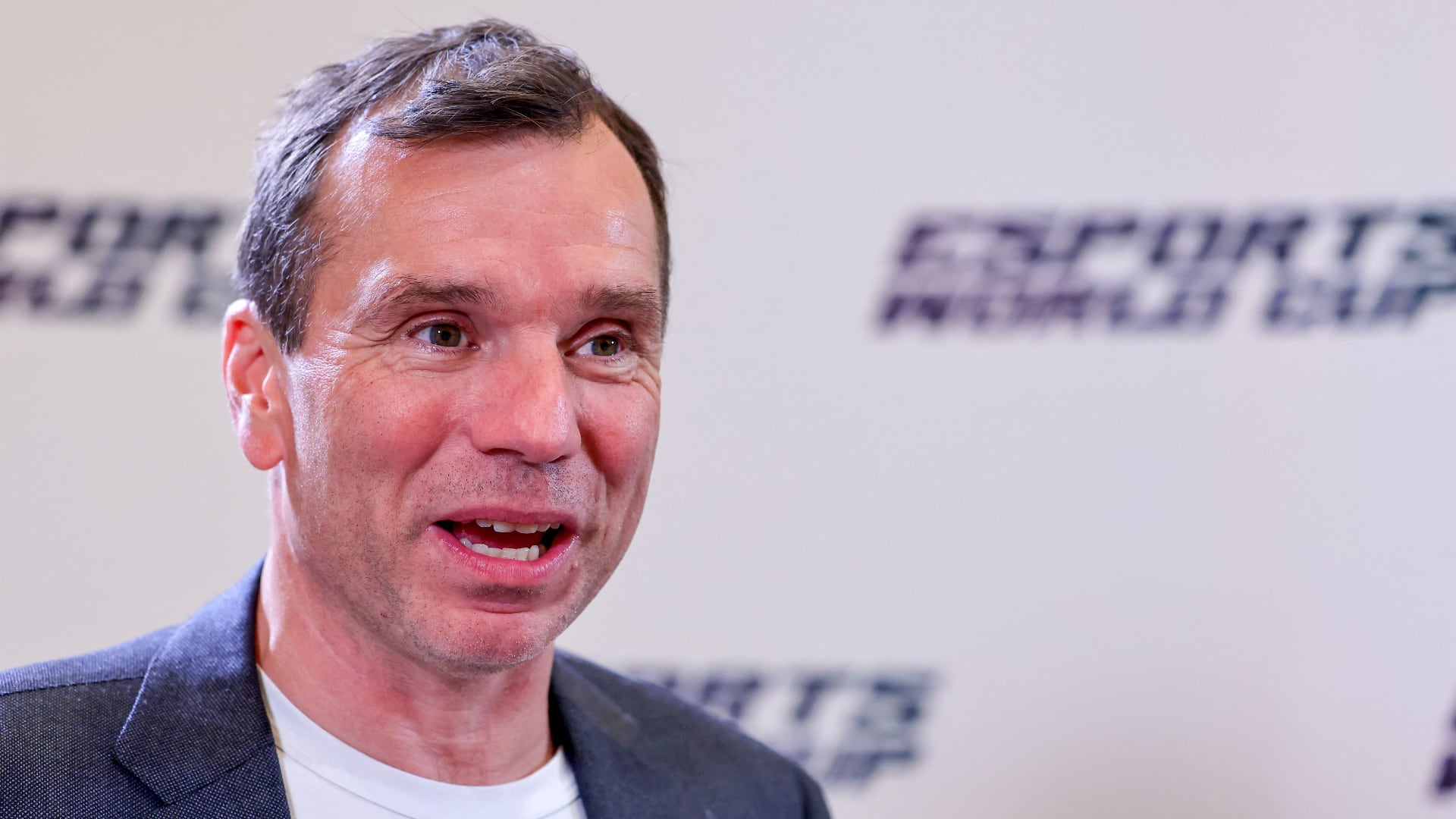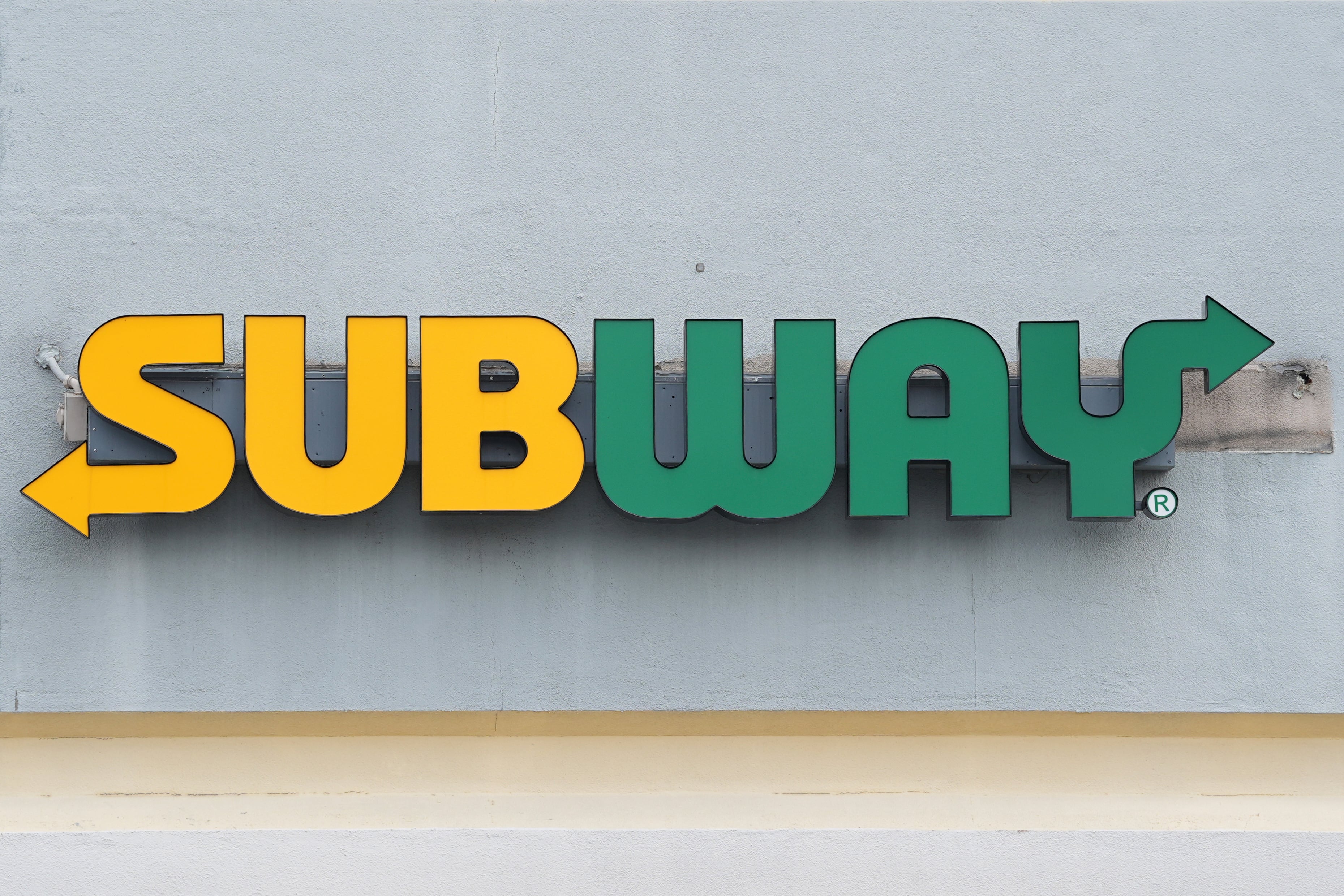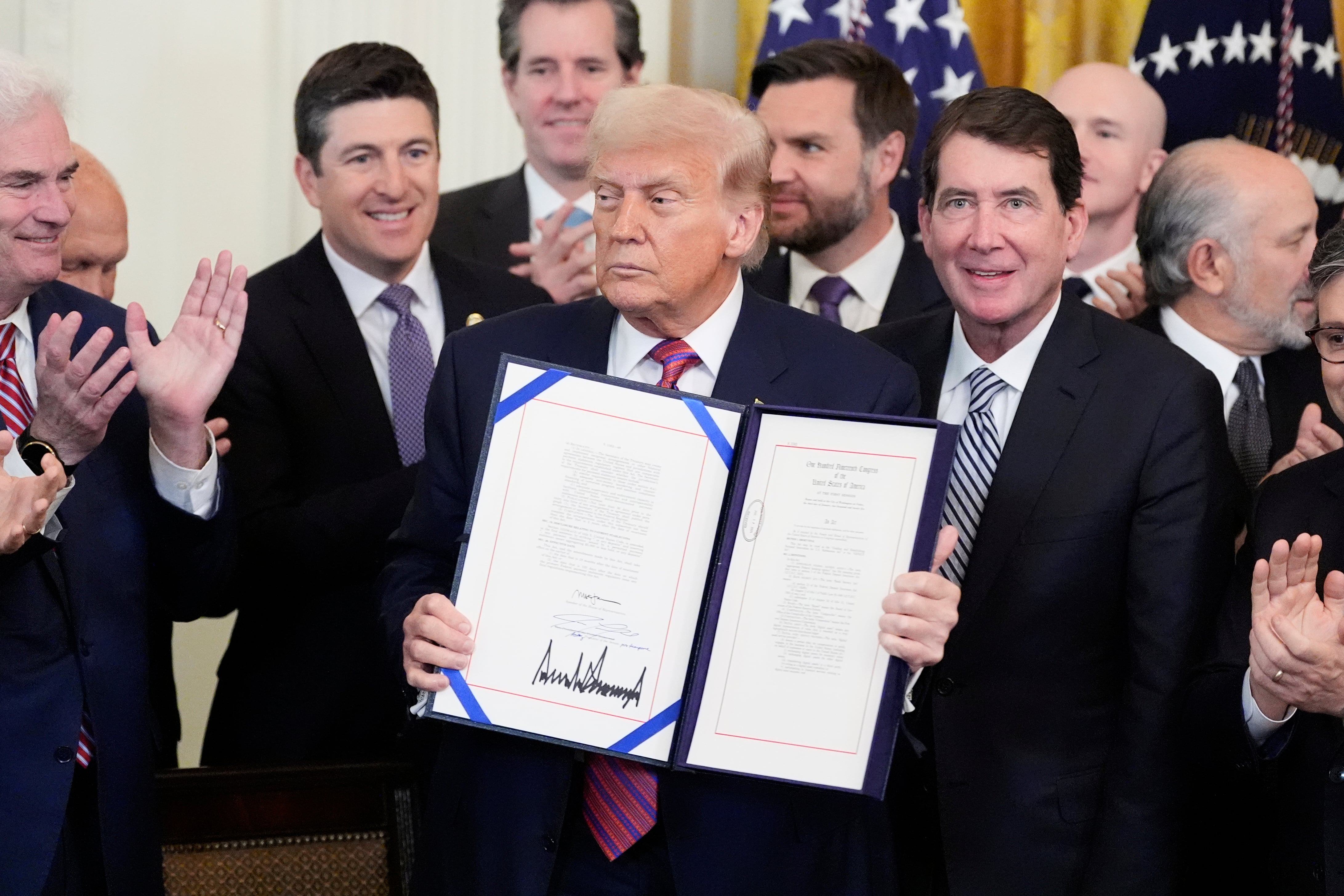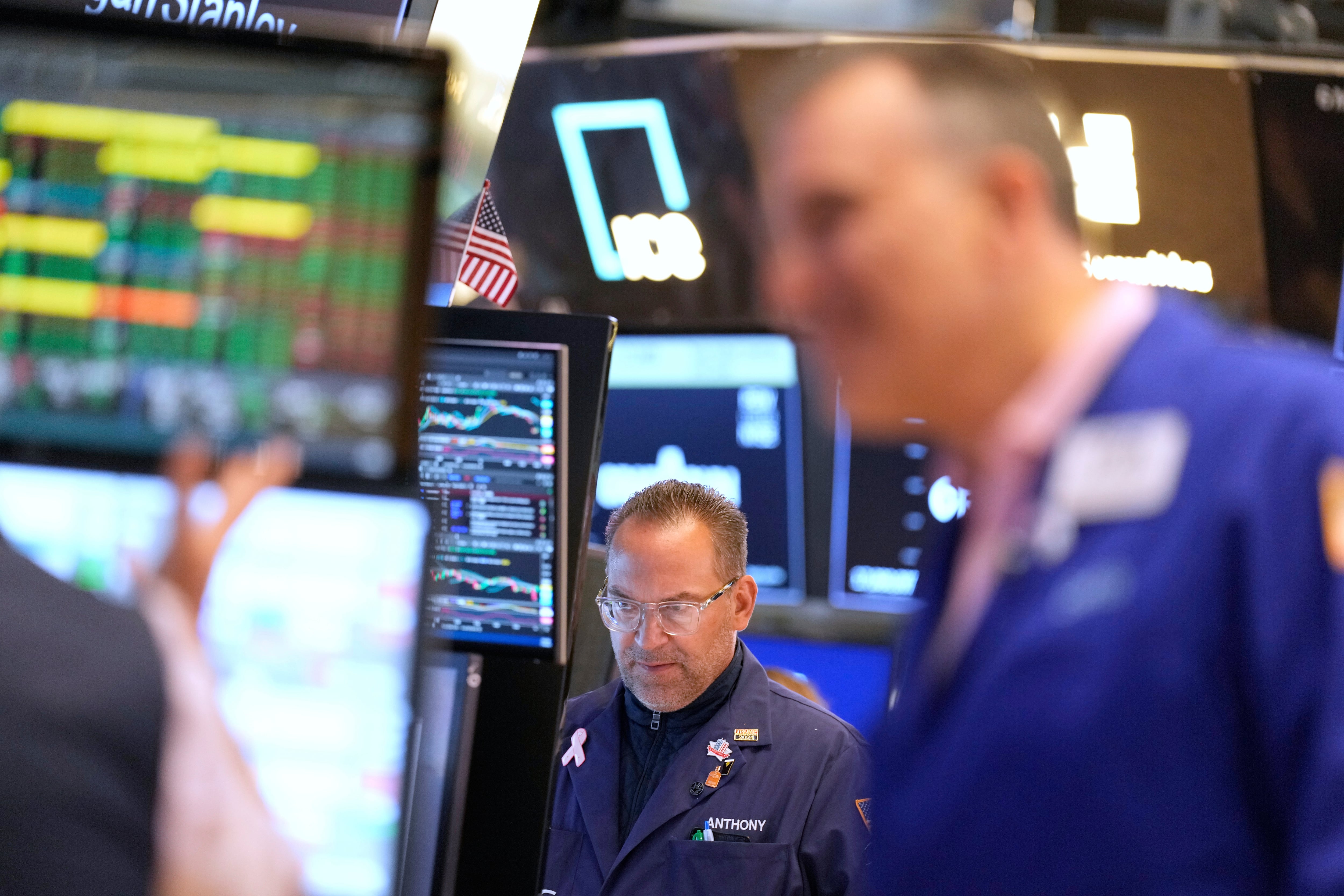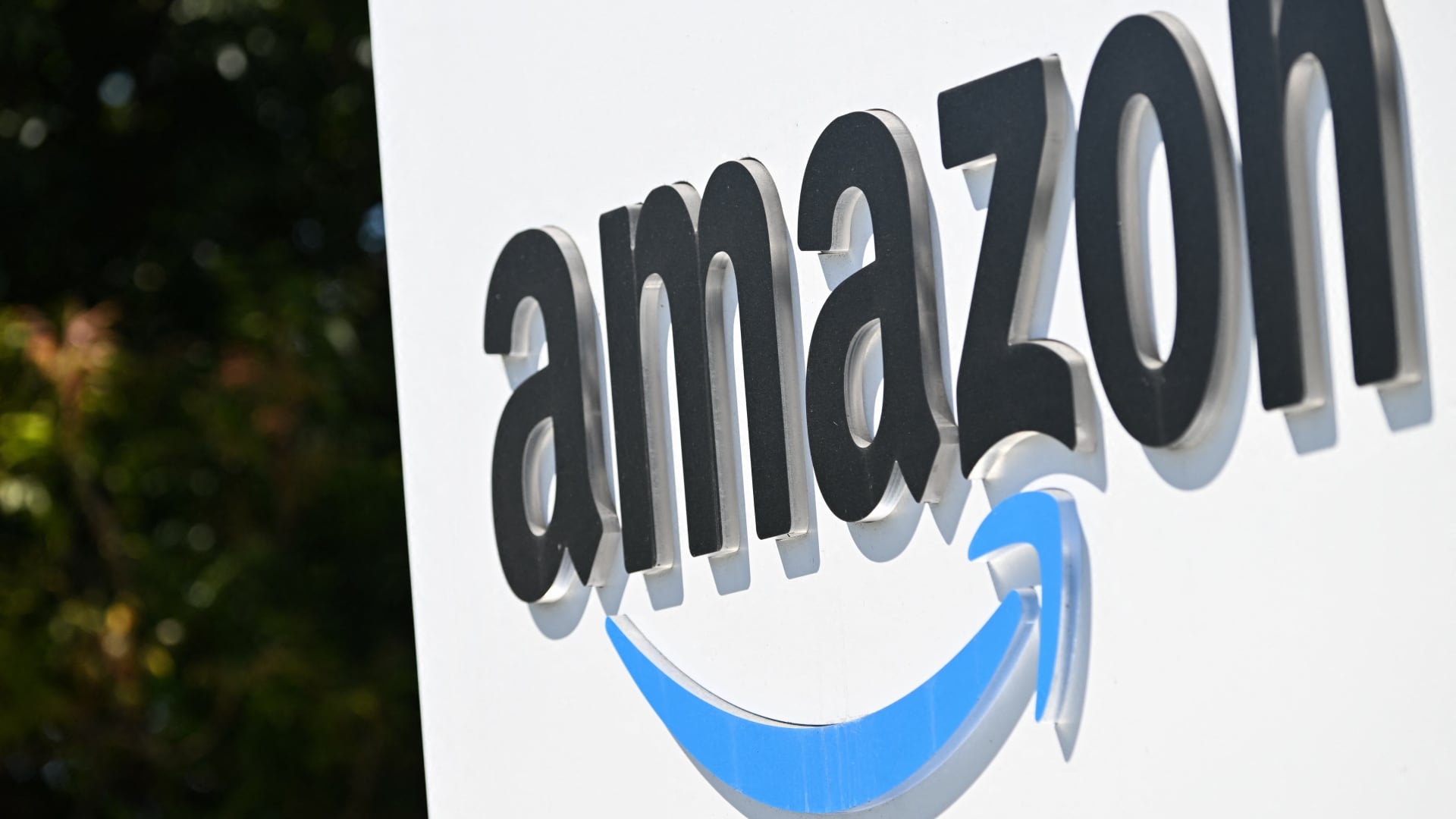President Trump slammed the Federal Reserve during a speech at the Economic Club of New York Tuesday as he listed off economic achievements seen during his administration. He also indicated that "Phase One" of a trade deal with China is nearing.
The president's fiery comments aimed at the Fed come just a day before Chairman Jerome Powell heads to Capitol Hill to testify before the Joint Economic Committee on the state of the economy.
In his speech, the president highlighted job growth and stock market gains, although he added, "If the Fed had worked with us, those numbers could have been higher by 25 percent." Trump credited his policies of lowering taxes and cutting regulations for the healthy economy. The unemployment rate is at near-record lows while the stock market has seen record highs.
In complaining about the Fed, the president bemoaned that the U.S. is competing with other developed nations and the European Union that have not only slashed interest rates to zero but are in a market with negative interest rates.
"Remember, we are actively competing with nations who openly cut interest rates so that now, many are actually getting paid when they pay off their loan, known as negative interest," he said. "Who ever heard of such a thing?"
"Give me some of that, give me some of that money, I want some of that money. Our Federal Reserve doesn't let us do it," the president said to a room full of hundreds of hedge fund managers, traders and economists.
The president also touted the expected "Phase One" of a trade deal with China, while defending himself against critics who say his actions (or inaction) have only hurt the U.S. economy. Trump told the audience the trade war has not brought uncertainty to America's economy and dismissed the idea that the ongoing tension with China is affecting U.S. investment and business.
He offered a positive assessment of his trade policies with China, though many, including his own economic advisors, disagree with his escalations against Beijing.
There are even signs that the established tariffs may be affecting consumers. Ports along the West Coast, a bellwether for U.S. trade with Asia, are reporting a notable decrease in inbound containers, according to a report by the Wall Street Journal.
The two countries have been imposing, and at times walking back, tariffs on each other's goods since July 2018. The U.S. and China recently agreed to roll back some of the tariffs if they can strike a deal.
Trump last spoke at the Economic Club while he was on the campaign trail in September 2016 and promised to negotiate trade deals "that put America First," lower taxes, and remove regulation.
